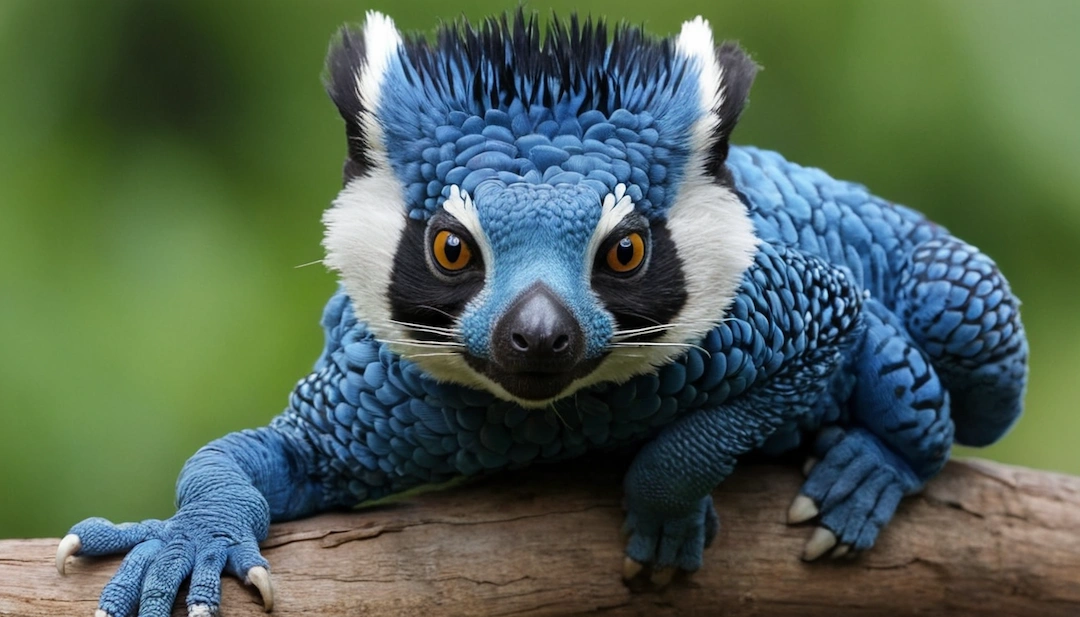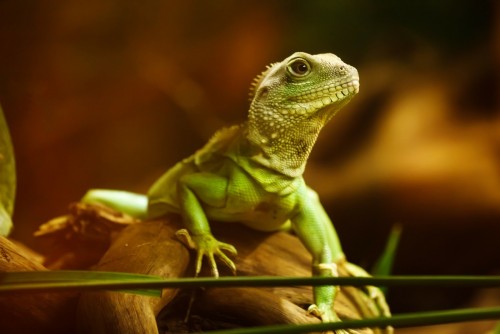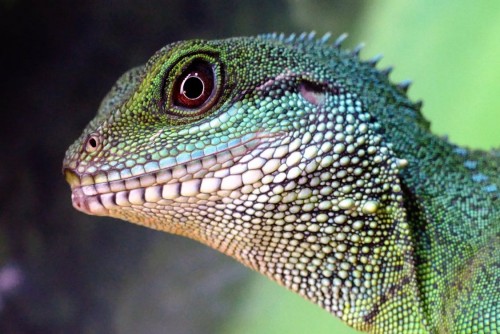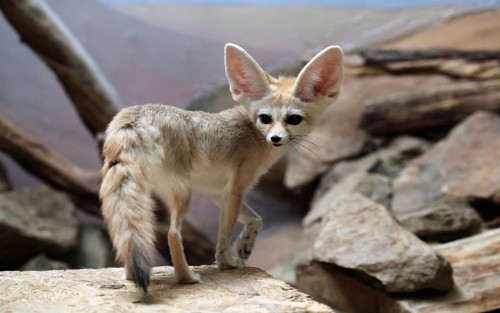
What is an exotic pet animals
Send enquiry
What Defines an Exotic Pet?
When we hear the term "exotic pet," it conjures images of colorful parrots, sleek reptiles, and perhaps even a playful monkey. But what exactly qualifies an animal as an exotic pet? In essence, an exotic pet is any animal that is not commonly found in domestic settings. These animals are typically not native to the region where they are kept, and they often require specialized care and environments to thrive.
Why Do People Choose Exotic Pets?
Owning an exotic pet can be a fascinating and rewarding experience. Many people are drawn to the unique qualities and behaviors of these animals. Exotic pets often have striking appearances and intriguing habits that can provide a sense of wonder and adventure to their owners. Additionally, some people appreciate the challenge and commitment required to care for these extraordinary creatures.
Popular Types of Exotic Pets
1. Reptiles and Amphibians
Reptiles and amphibians are among the most popular exotic pets. They include species such as:
- Snakes: Ball pythons, corn snakes, and king snakes are common choices.
- Lizards: Bearded dragons, geckos, and iguanas are beloved for their distinct looks and manageable care needs.
- Amphibians: Frogs and salamanders, like the poison dart frog and the axolotl, are captivating due to their unique life cycles and vibrant colors.
2. Birds
Birds can make wonderful exotic pets, offering companionship and, in many cases, the ability to mimic human speech.
- Parrots: African grey parrots, macaws, and cockatoos are known for their intelligence and vocal abilities.
- Finches and Canaries: These smaller birds are prized for their beautiful songs and colorful plumage.
3. Small Mammals
While not as common, some small mammals are considered exotic pets.
- Ferrets: Playful and curious, ferrets require plenty of interaction and enrichment.
- Sugar Gliders: These nocturnal marsupials glide through the air and form strong bonds with their owners.
4. Aquatic Animals
Fish and other aquatic animals are also popular in the world of exotic pets.
- Freshwater Fish: Species like the betta fish and the neon tetra are favored for their vibrant colors and ease of care.
- Marine Fish: Saltwater species, including clownfish and tangs, are adored for their exotic appearance but require more complex care.
Challenges of Owning an Exotic Pet
Legal Considerations
Before acquiring an exotic pet, it is crucial to research local regulations. Some areas have strict laws regarding the ownership of certain species to protect both the animals and the public.
Specialized Care
Exotic pets often require specific habitats, diets, and veterinary care. This can include:
- Enclosures: Custom tanks, terrariums, or aviaries designed to mimic the animal's natural environment.
- Diet: Specialized food that meets the nutritional needs of the species.
- Health Care: Access to veterinarians who are experienced in treating exotic animals.
Long Lifespan
Many exotic pets have long lifespans, sometimes outliving traditional pets like cats and dogs. For instance, parrots can live up to 60 years, and tortoises can surpass 100 years, requiring a long-term commitment from their owners.
Benefits of Having an Exotic Pet
Educational Opportunities
Owning an exotic pet can be an educational journey, offering insights into different species and their natural behaviors. It can also foster a deeper appreciation for wildlife conservation.
Unique Bonding Experience
The bond formed with an exotic pet can be unique and rewarding. These animals often display fascinating behaviors and can form strong attachments with their caregivers.
Conversation Starters
Exotic pets can be great conversation starters, piquing the interest of friends and family and sparking discussions about animal care and conservation.
Ethical Considerations
Captive Breeding
Where possible, it is preferable to obtain exotic pets from reputable breeders rather than capturing them from the wild. This helps to ensure the animals are healthy and supports sustainable practices.
Animal Welfare
Potential owners should always consider the welfare of the animal. Exotic pets require environments that meet their physical and psychological needs, and it is the owner's responsibility to provide such conditions.
Creating the Right Environment for Your Exotic Pet
Habitat Setup
The habitat should closely mimic the animal’s natural environment. This includes appropriate lighting, temperature, humidity levels, and hiding spots.
Enrichment Activities
To prevent boredom and promote mental stimulation, enrichment activities are essential. This can involve providing toys, puzzles, and opportunities for natural behaviors like climbing or digging.
Feeding Your Exotic Pet
Dietary Needs
Each species has unique dietary requirements. Researching and providing the correct diet is crucial for the health and longevity of your exotic pet.
Supplements
In some cases, dietary supplements may be necessary to ensure your pet receives all essential nutrients.
Health and Wellness
Routine Check-Ups
Regular veterinary visits are important to monitor the health of your exotic pet. Finding a vet with experience in exotic animals is essential.
Common Health Issues
Being aware of common health issues for your specific pet can help in early detection and treatment. For example, reptiles often suffer from metabolic bone disease if not given proper UV lighting and calcium.
Training and Socialization
Handling Techniques
Proper handling techniques are important to avoid stress and injury to both the pet and the owner. Gentle and consistent handling helps build trust.
Training Methods
Some exotic pets, like birds and ferrets, can be trained to perform tricks or use a litter box, enhancing the bond between pet and owner.
Traveling with Your Exotic Pet
Preparation
If you plan to travel with your exotic pet, preparation is key. This includes ensuring the travel carrier is secure and comfortable, and the pet’s environment is stable during the journey.
Legal Documentation
Check for any legal requirements or documentation needed when traveling with an exotic pet, especially if crossing state or country borders.
Owning an exotic pet can be an incredibly enriching experience, offering unique opportunities for learning, bonding, and entertainment. However, it comes with significant responsibilities and challenges. Prospective exotic pet owners should thoroughly research and prepare to meet the specific needs of their chosen pet to ensure a happy and healthy life for their extraordinary companions.
Frequently Asked Questions(FAQ)
Question : What are some beginner-friendly exotic pets?
Question : Are exotic pets legal in all states?
Question : How much does it cost to care for an exotic pet?
Question : Can exotic pets be trained?
Question : What should I do if my exotic pet gets sick?
Share this post
What service do you need? Petsfeet will help you

#10 Business Directory and Service Provider
Petsfeet provided free online business listing services and a new way to brand yourself on the internet. Add your business with petsfeet to reach out of millions of people by connecting with new customers.
Copyright © 2021 . Proudly powered by petsfeet.com










